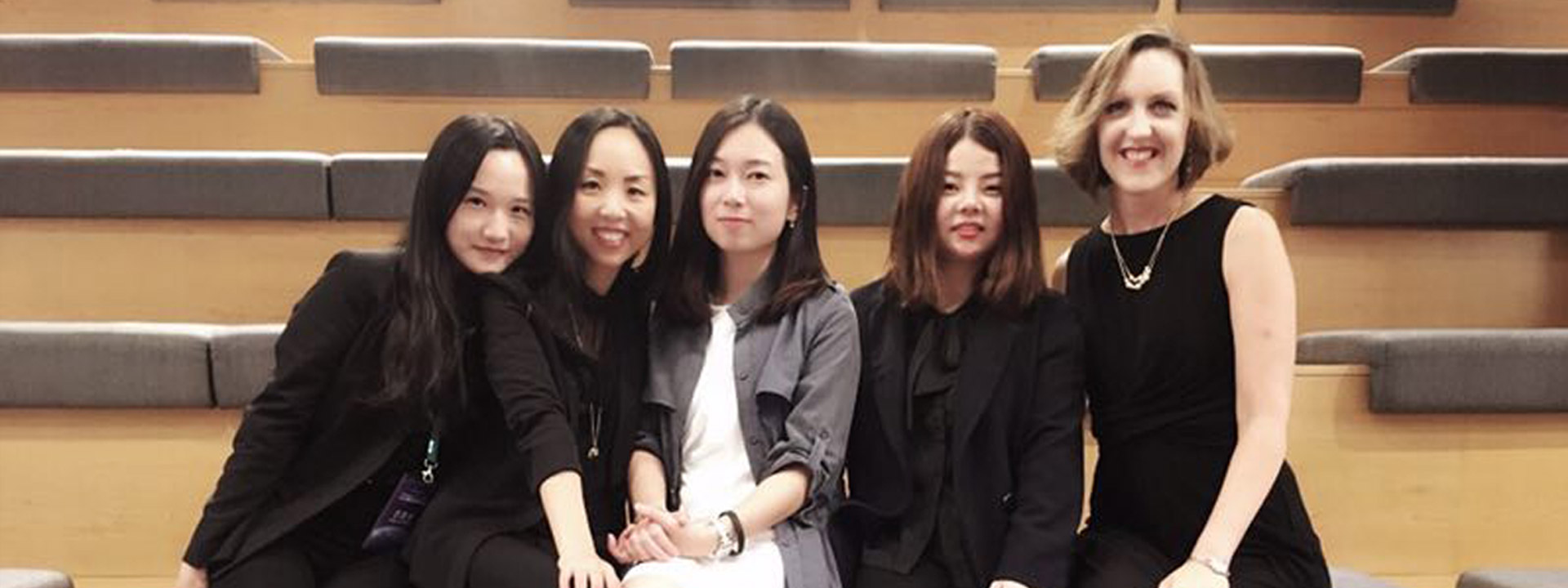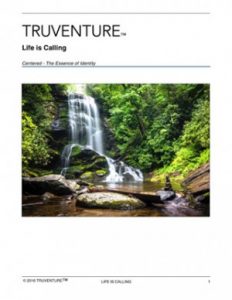Resumes and Interviews
by: Tanja Helms
Have you ever heard the saying, “You never get a second chance to make a first impression”? Well, it’s true.
When you submit a resume and interview for a job, you are making a first impression. Let me give you some advice so you can make a GOOD first impression. This advice pertains only to American and/or Western companies as the Chinese have a different method. My experience is ONLY with American and Western companies.
When starting your job search, you will often find a position title and an associated job description. This provides useful information for you to tailor your resume and answers during your interview.
Your resume must contain strong action KEYWORDS that will get the attention of the recruiter. For example, instead of “Helped set up student club”, use “Initiated (or Led) a new student club”. Start by looking at the job description and tailor your resume to reflect your strengths pertaining to that job description and state it in the resume objective. Never, never, never, ever lie on your resume; always be honest. When you list your strengths, be sure to list only the pertinent strengths. People don’t want to hear about every achievement you have ever accomplished. VOLUNTEER work is very important work experience and can demonstrate your leadership potential. Volunteer WORK is work without pay and highly valued! Be sure to include it on your resume.
The purpose of the interview is for the interviewer to get a better picture of who you are. They have some idea of who you are based on your resume. Now, they want to look at your characteristics that are not obvious on your resume such as:
- Do you dress professionally? Preferably, a black suit. Men should wear a colorful tie and women should wear a colorful scarf or a splash of color in their hair in the form of a barrette.
- Do you give a firm handshake? This is very important to American and Western cultures. You may have to practice this as this is not usual Chinese custom. A weak handshake signifies a weak character!
- Do you look people in the eye when speaking to them? NOT looking someone in the eye communicates distrust!
Most likely, you will have the question, “Tell me about yourself”. Your prepared answer should be about 90 seconds in length and should include strong keywords that are tailored to the job description you are interviewing for.
The majority of the questions are searching for answers to ascertain how you would “fit in” to the company. Questions such as:
- Are you a good team player?
- How do you deal with difficult situations?
- What are your leadership characteristics?
- Are you honest?
Be honest in your PREPARED answers. Think about these types of questions and be prepared to answer them with SHORT answers, about a minute long, again using the job description to tailor your answers. Be careful not to be too negative about yourself. If you point out a negative aspect about yourself, point out how you are working on improving that character trait in a positive manner and what you have learned.
Bring a copy of your resume to the interview just in case they did not get one prior to the interview. Very important: have a few questions on a note card so that you won’t forget to ask questions at the end of the interview. And yes, it is very, very important that you ask questions at the end of the interview. I know, this is not the Chinese way. However, not asking questions signifies weak leadership characteristics.
Enjoy the experience and learn something from it!
Questions:
1. What kind of questions should you ask at the end of the interview?
I’ve done some research on your company and I am aware of the expansion going on in Europe. What is the company’s goal for moving into Europe?
2. How do you talk about your weaknesses?
Admit that you have them BUT point out how you are learning from them and how you are a better person because of them.
3. Where do you put your coat?
When you first arrive, take your coat off and drape it across your arm. Lay it down on the chair next to you.
4. How do you handle your nervousness?
Take in a deep breath. Remind yourself that you are prepared for this interview and you are going to give it your best shot.
5. What do you do if you don’t remember the answer to the question?
Ask them, “Would you please repeat the question”? This will give you a moment to think.
6. Is it ok to ask them to repeat the question?
Of course. You could even ask them to rephrase the question.
7. When do you discuss salary?
You don’t discuss salary during the interview. You should have a ball park figure in your mind BEFORE you go in for the interview.






 Get a Free Download of our Truventure Workbook – “Centered – The Essence of Identity” with registration.
Get a Free Download of our Truventure Workbook – “Centered – The Essence of Identity” with registration.